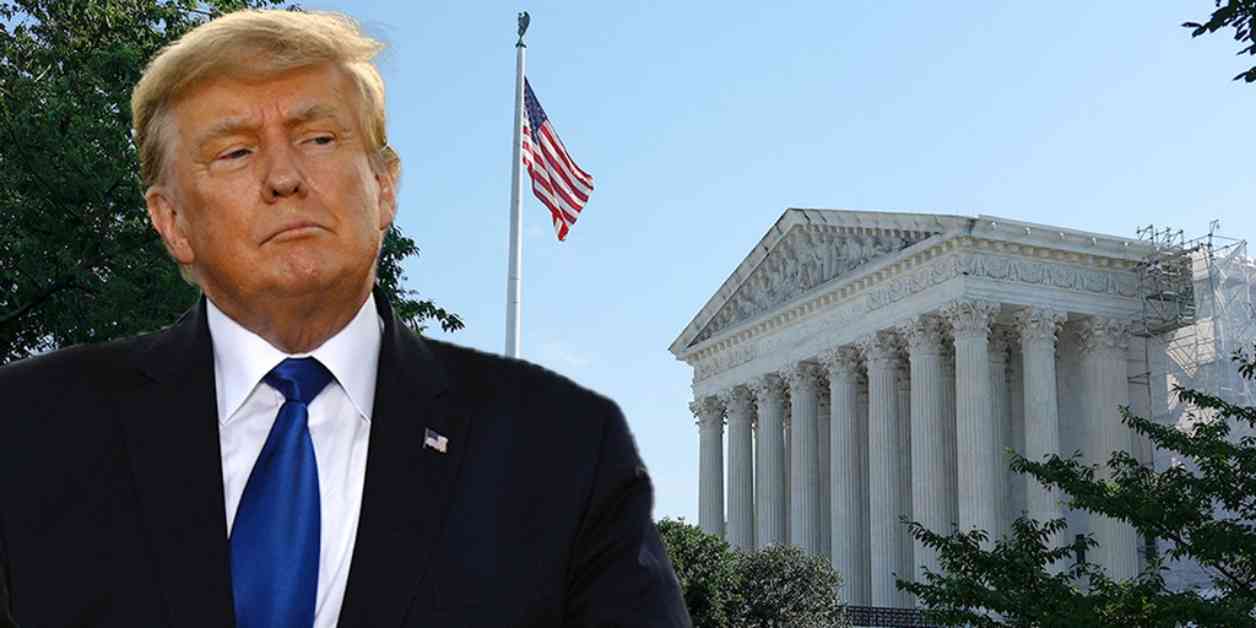The federal judge overseeing the case involving former President Trump in Florida has decided to halt several court deadlines in order to take presidential immunity into consideration. Trump’s legal team requested a pause in the proceedings until motions based on Presidential immunity and other clauses are resolved.
The case brought by special counsel Jack Smith involves charges related to Trump’s possession of classified materials. Trump has pleaded not guilty to all 37 felony charges, which include willful retention of national defense information, conspiracy to obstruct justice, and false statements. Additionally, he faces three more charges from a superseding indictment, including willful retention of national defense information and obstruction counts.
The recent Supreme Court ruling in the Trump v. United States case stated that former presidents have substantial immunity from prosecution for official acts while in office, but not for unofficial acts. The court’s decision, in a 6-3 vote, was sent back to a lower court to determine whether Trump is immune from prosecution for actions related to efforts to overturn the 2020 election results.
Chief Justice John Roberts emphasized that the President is not immune from prosecution for unofficial acts, as not everything a President does is considered official. The case has sparked discussions about the extent of presidential immunity and its implications for past and future administrations.
The legal battle surrounding Trump’s case is ongoing, with both sides preparing briefs to argue their positions in light of the recent Supreme Court ruling. The implications of this case could have far-reaching consequences for the understanding of presidential immunity and accountability for actions taken while in office.
As the proceedings continue, it is essential to consider the broader implications of this case on the legal landscape and the balance of power between the executive and judicial branches of government. Stay tuned for updates on this developing story as arguments are presented before the court and decisions are made regarding the application of presidential immunity in this case.





















